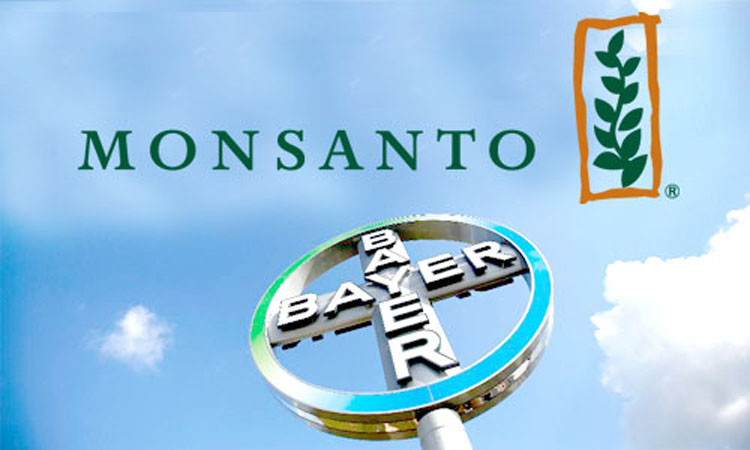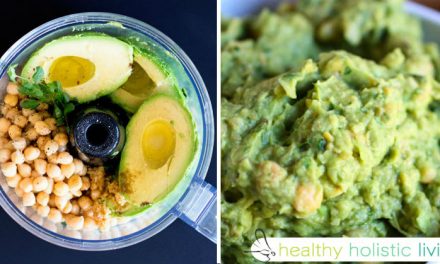And farmers should be worried. Actually, we all should be worried: on Monday, the US Department of Justice approved the German pharmaceutical and chemical group’s bid to buy the US seed giant for more than $60 billion with Bayer selling off additional assets to alleviate anti-trust concerns.1
RELATED STORY:
The two companies have claimed that their merger will boost agricultural research and innovation but many aren’t buying it.
Robb Fraley, Monsanto’s chief technology officer said, “By the time 2050 rolls around, the world will have 10 billion people, and the demand for food will double. The whole point here is that the business combination between Monsanto and Bayer will allow the companies to invest in and create more innovation, and it’s going to take a huge amount of innovation in order to double the world’s food supply.”2
However, long-time farmers doubt that’s true and are just waiting for prices to rise and even more farmers to go under; according to the USDA in 1987, 15% of all cropland was held by farms with at least 2,000 acres but by 2012 that percentage had jumped to 36%.
RELATED STORY:
What most believe is that as the agriculture supply industry becomes more consolidated (this deal follows Dow-DuPont and Syngenta-ChemChina) all that’s going to happen is that the competition will disappear. And that means no little farms and higher prices for those who do farm.
Due to the size of the deal, the companies will have to seek approval from regulators in 30 countries but last month the deal won antitrust approval in the European Union and it’s been given the go-ahead here. Can you imagine anyone telling them no, now?
“‘Let’s just cut to the chase: These companies want to make more money, they want to raise prices,’ Mark Connelly, an agriculture analyst at the brokerage and investment group CLSA Americas, previously told Business Insider. ‘No company in this industry needs these deals in order to innovate.'”3
In a 2017 statement to Business Insider, Bayer reps acknowledged fears that the merger would raise prices and reduce innovation and competition, saying:
“We disagree with this and are convinced the opposite is true. We are competing with other very strong companies that offer similar products and have strong R&D capabilities. We will only succeed with pricing and selling our products if our value proposition to our customers is better than that of our competitors and if we continue to innovate. We are also convinced that in a competitive business such as the agriculture industry, the efficiency gains generated by innovation will increase returns for farmers.” 4
Exactly what becomes of this new behemoth company is yet to be seen. We will update you as the story continues to unfold.












